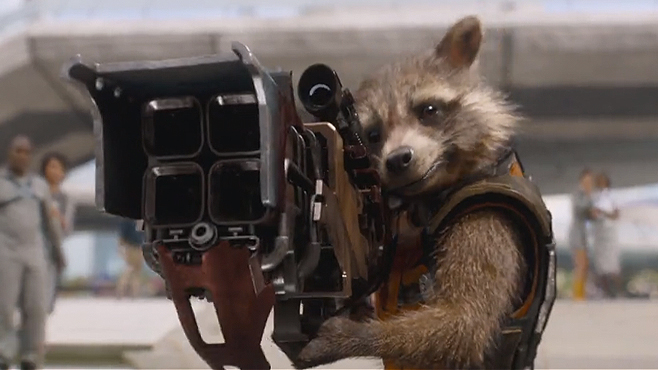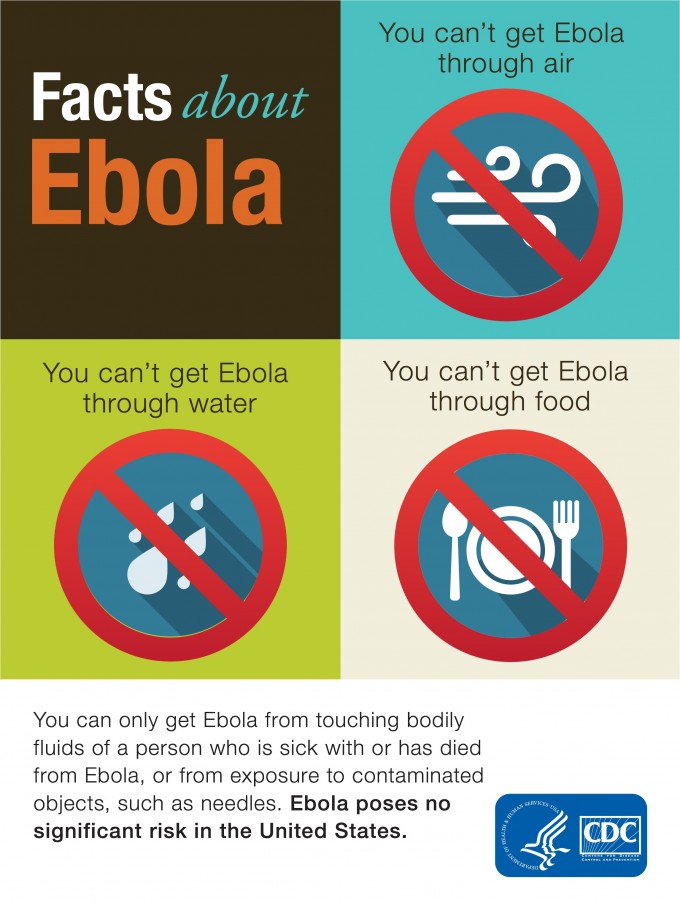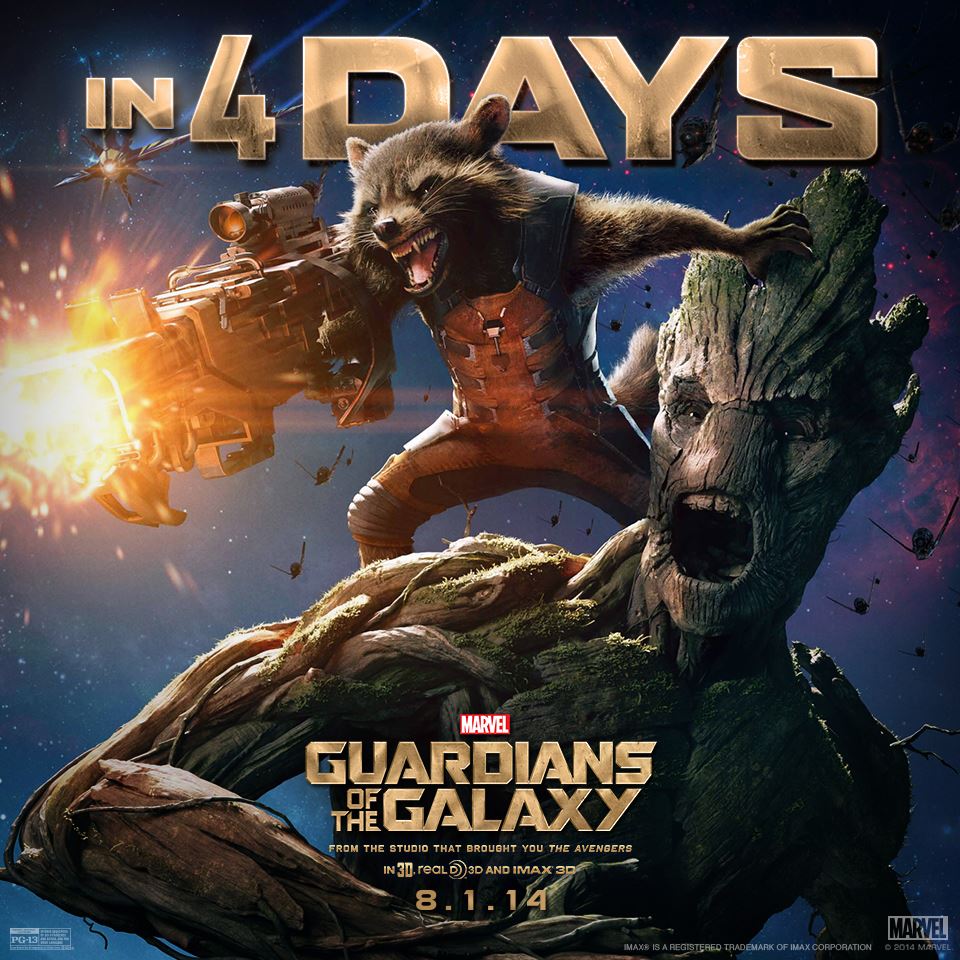I saw my first wild moose this afternoon.
What a shame she was roadkill.
Anne and I were riding in my Mustang with the top down, transiting north over Trappers Loop Road from Weber Canyon to the Ogden Valley. It’s a lovely scenic drive that ends in one of our favorite destinations for an afternoon road trip, a little farm town called Huntsville. We’d just passed a field full of cattle, so at first glance, I thought the massive black heap laying in the dirt off the side of the two-lane highway was a cow that’d gotten through the fence and wandered into harm’s way. But as we got nearer and the true size of the carcass became more evident, I realized it was no cow. And then I saw the head and the unmistakable Bullwinkle nose. I felt a twinge of sorrow for the poor beast, even as I noted that anything smaller than an eighteen-wheeler must’ve been totaled by the collision.
And then we were past it, our noses wrinkling at the stink of such a huge quantity of meat left out on a warm day. The wind currents swirling through the open car quickly cleared away the odor and replaced it with more pleasant scents, like alfalfa and sunshine and even exhaust from the truck in front of us, but the sight lingered in my mind for a long time after.
Not far past the moose, we crested the top of a hill and began dropping toward Huntsville along a series of broad, gentle switchbacks. We gasped at the sight of Pineview Reservoir ahead of us, which had been brimming over the last time we’d been this way, but was now depleted and outlined with steep, rocky beaches. Sandbars were visible beneath the shallow water, but that hadn’t frightened away the holiday weekend mobs of speedboats and jet-skis. They swarmed over the shrunken lake, seemingly too thick for safety.
At the intersection with the main road, we turned east toward Huntsville, then back north, then east again. We drove down a tranquil two-lane road with no sidewalks, where log-cabin-style houses alternated with cultivated fields, following a familiar path leading into a secluded corner of this high mountain valley. We passed beneath an archway made of welded pipe, then down a narrow lane shaded by colonnades of ancient oak trees, finally arriving at at the Abbey of Our Lady of the Holy Trinity. I’ve written before about this Trappist monastery whose monks have been peacefully working the land here since 1947, living and working in war-surplus Quonset huts. In that earlier post, I lamented the end of an era because the monastery was no longer selling the honey that had drawn Anne and me to this place every summer for years. The monk who tended the bees and made the honey had grown too old to do the job, and there were no young initiates coming in to take his place.
Anne and I knew then that the days were numbered for the abbey. That was two years ago. Now those days are even fewer. A news article published Friday informed us that the abbey’s bookshop, where we’d bought the honey and other foodstuffs in bygone days, is closing for good. There are only 10 monks left, down from 18 when I last blogged about the place, and there is talk of the abbey itself closing soon as well. So I suppose we made the drive this Labor Day for old times’ sake, to bid farewell to one of Utah’s unique treasures, a place that we have enjoyed so much over the years.
We weren’t the only ones. The news story had brought out a lot of other tourists as well, mostly couples older than ourselves who wandered the grounds taking photos with the mournful air of people who know they won’t pass this way again. Anne and I took our turn doing the same. We stepped into the bookshop and winced at the sight of so many empty shelves — everything at 50% off, close-out prices! We bought a CD of Gregorian chanting for Anne, and I finally picked up a St. Christopher’s medal, something I’ve toyed with doing many times over the years. I’m not Catholic, not even particularly religious, but I identify somewhat with Christopher, the patron saint of travelers. It seemed a fitting souvenir… even if I didn’t have the courage to ask one of the fathers to bless it.
After that, we went over to the chapel and soaked in the quiet for a moment. We saw the kindly old monk who’d often sold us the abbey’s famous honey, now grown thin and feeble with time. We took a look at the cemetery, at the 29 neat white crosses standing over men who devoted their lives to this place, to simple hard work, to the dream of building something bigger than themselves. I’m sure they would not have seen all that work as vain, but I’ll be honest, I can’t help but think it was. Their home will be gone soon, closed up and abandoned, the Quonset huts torn down, the fields left fallow. I suspect the whole area will be subdivided building lots within five years.
No, I’m not Catholic. But the thought of that serene place vanishing from the earth makes me profoundly sad.
Labor Day always makes me a little sad anyhow. It’s the traditional end of the summer season, of course, as well as a reminder that another birthday is just around the corner, and that’s something I’ve not welcomed in a long time. And my regret at the passing of this particular summer is especially keen because it seems like summer never really got off the ground this year. Oh, sure, my social calendar has been full — it always is, it seems. But somehow, the last three months have never really felt like summer, if that makes sense.
I’m not sure it does make sense, even to me. I don’t know what I expect “summer” to actually be like, aside from my obsolete childhood impressions of being carefree and unscheduled for months at a time. And we all know that’s not realistic for a responsible adult, certainly not one who actually has to work for a living. But like I wrote the other day, I hardly ever feel the absence of urgency anymore, at any time of the year, for any significant length of time. I always feel like there’s something that needs to be done, usually something other than whatever I would prefer to be spending my precious allotment of time on this earth doing. These annual mileposts we call holidays tend to remind me of how many things I’ve failed to accomplish in the preceding block of time, whether that’s a season or a year or a decade. For example, I had an idea back in April or thereabouts: I was going to re-read Clive Cussler’s Dirk Pitt series during the summer months, blogging about each novel along the way and exploring how well the series actually conforms to my adolescent memories of it, how well the books have held up over the years, that sort of thing. My ambition was to give Pitt the same treatment Michael May has been giving Ian Fleming’s Bond series over on his AdventureBlog. Well… you can see how that turned out. I have been reading the books, but the blogging part… not so much.
There have been other things I’ve failed to write about, too… notably a series of three deaths that hit me very hard: an eccentric neighbor who was often, frankly, a pain in the ass, but whose loss has left a surprising hole in the texture of my days; my great-aunt Luann, the sister of my late grandma June, who I didn’t see very often but always liked and now regret not seeing more; and my beloved Hannibal-cat, one of the three kitty-boys who’ve shared my life for the past several years. Hannibal, in particular, was my little buddy, the one with the strongest, most unique personality, who followed me around the Bennion Compound like a dog and jabbered at me like a little kid telling me about his day, a fat little clown who seemed to know he amused me and liked to do it. Like that poor damn moose, Hannibal met his end in the road. I should’ve have written about him before now, but I haven’t been able to bring myself to do it, just as I wasn’t able to write about his brother Jack, who preceded him into the undiscovered country a couple years ago.
So many deaths, so many things changing and running out… the days pouring through my fingers like water through a flood gate. They’re running out, too, aren’t they? Another summer gone to who knows where. The season that I used to live for and now barely even notice in between commutes. I couldn’t tell you the last time I drove my beloved old ’63 Galaxie. Or whiled away an afternoon reading comic books… hell, books of any kind. Or hit the sweet spot while I’m writing something and felt the universe inside me open up and gush out onto the screen or the paper with virtually no effort. It seems to get harder and harder, not merely to find the time, but to access whatever it is that used to just… be there… and now seems to be locked in a trunk someplace very far away.
In retrospect, that moose was a harbinger of a very dark mood…






